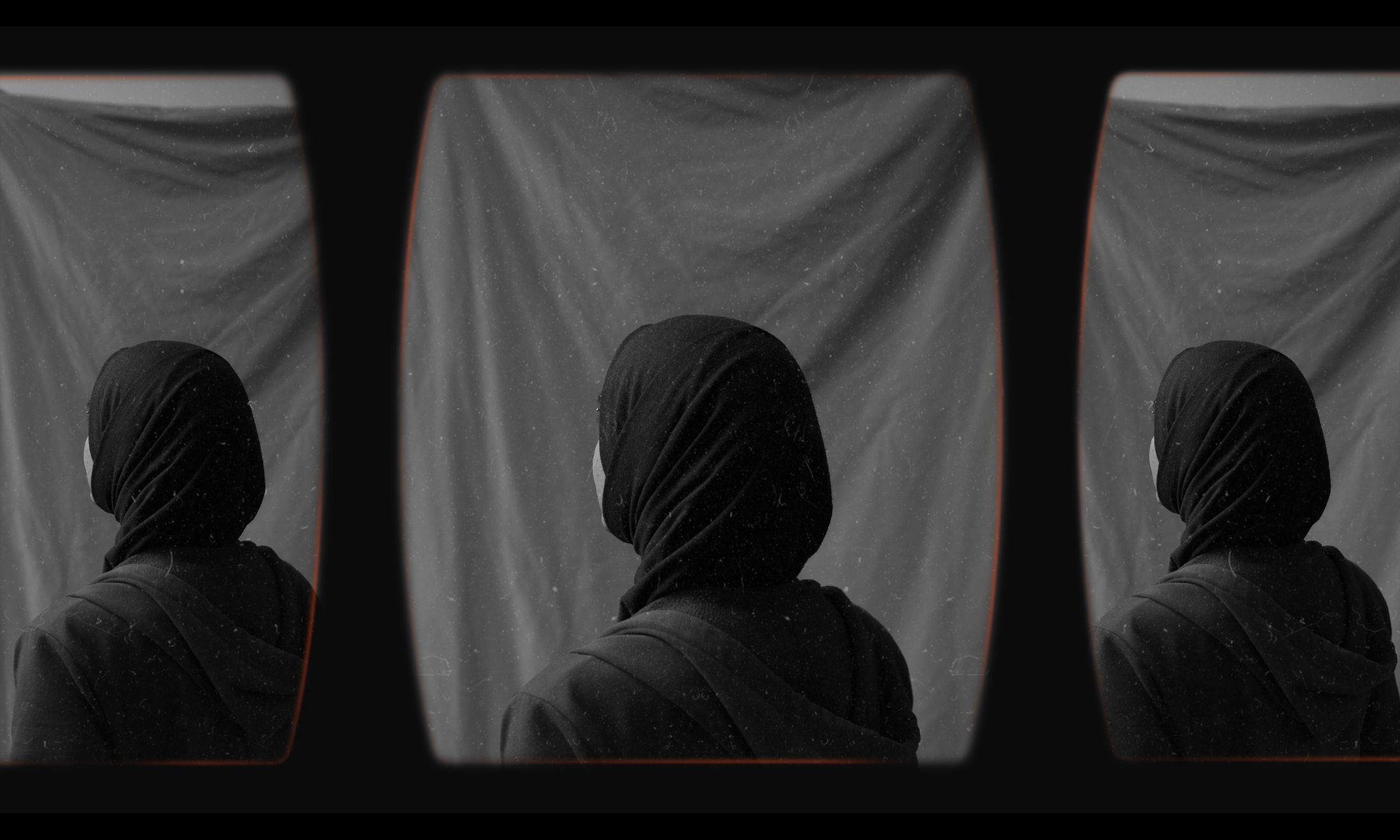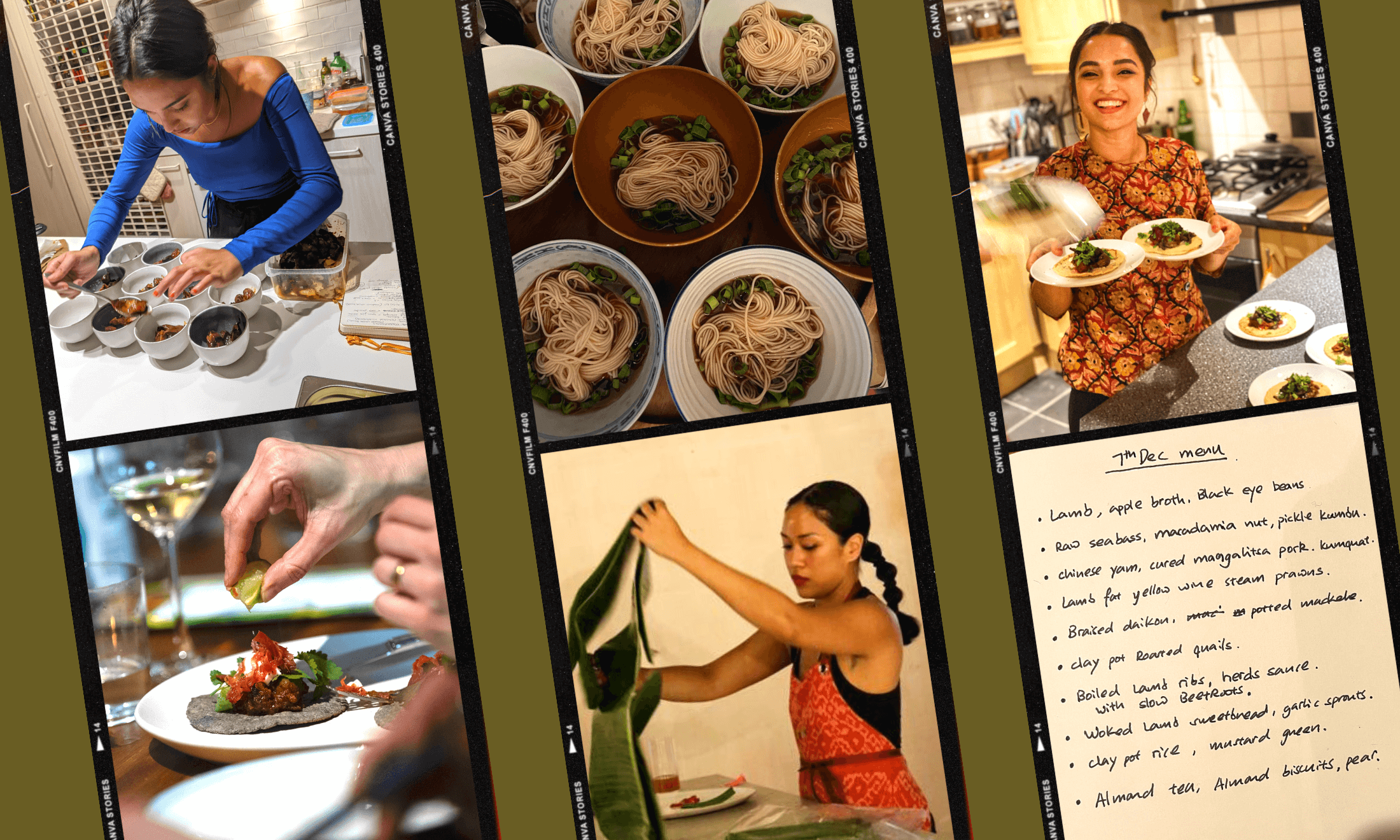
How I’m reimagining Ramadan on my own terms
After a family member dies from Covid-19, Mia reflects on their relationship with the Qu'ran and how this Ramadan they will be reimagining it in their own way.
Mia Chowdhury
07 May 2020
Life within this dunya is not guaranteed; my amma – a woman who has never feared death and only the Most High, reminds me, her tone measured, matter-of-fact. In the next breath, she asks to see my prayer mat, my copy of the Qur’an, I promise resides as pride of place in my bedroom. I angle the camera away from the possibility of revelation, shapeshifting with ease into silence, waiting with bated breath for the dial tone. At the time, we are grappling with grief, having lost my maternal uncle suddenly to Covid-19. As an elderly man, a dialysis patient, there were no extra measures to preserve his life; another loss amidst thousands of brown and black frontline workers, doctors, carers alike who have been victim to the virus.
Grief colours everything. In the context of a country under lockdown, a delayed burial, a denial of real closure even through a grainy screen, it felt akin to trudging through treacle, forward motion slow, difficult and lacking direction. With her words ringing a dull refrain in my head and an acute awareness of my own mortality, this year I set an intention: to nurture a first-hand intimacy with the Qur’an and its divine message throughout Ramadan.
In my younger years, I would spend weekend evenings committing whole surahs to memory with glee, tucking Juz Amma swiftly under my belt and after weeks of feverous, dedicated attempting, my favourite Surah Ya-Sin. These sessions would usually take place in a distant Aunty’s living room, under the instruction of a frail Imam, with a sharp tongue and fondness for flicking bamboo sticks against wrists to ward off misbehaviour. Still, those memories are mingled with the delight of sticky slabs of coconut jam cake; a generous reward for learning new passages by rote.
“When news of my uncle’s passing arrived, the family flocked to recite Ya-Sin forty times between us. I hesitated. Verses, memories and tears blur”
A decade on, years absent of heartfelt recitation or corporal punishment to keep me in check, my memory of the surahs sits hazy, held lucid only in namaz, the memorised Arabic feeling ultimately meaningless in being beyond my comprehension. Verse [38:29] states the Qur’an is ‘a Book that We have sent down to you blessed, so that they may contemplate its verses and so that people of understanding may take heed.’ This impetus to access the Holy Book through no other interlocutor, to experience the word of the Lord first hand and to feel the weight of that within my spirit comes from needing a clearer framework for navigating this material life and all that lies beyond. Surah Ya-Sin is often referred to as the heart of the Qur’an. When news of my uncle’s passing arrived, the family flocked to recite Ya-Sin forty times between us. I hesitated. Verses, memories and tears blur; I sat and tried to muddle past the mechanics of routine, wanting to root, wade my way toward meaning. I slip, find a foothold, and start again. The gulf widens.
A month before social distancing and self-isolation would shape this Ramadan into one like no other, I was lucky enough to attend a conversation conducted at the British Library, a meeting of minds featuring notable Islamic women scholars including the inimitable Amina Wadud, lovingly known as ‘the lady imam’. An African American Professor Emeritus of Islamic Studies, Amina shared the journey behind writing her first book, Qur’an and Woman: Rereading the Sacred Text from a Woman’s Perspective touching on the limitations of the Arabic language, which is gendered so heavily. She drew on examples to illustrate how this gendering has historically shaped a mainstream understanding of the text and thereby lending some ambiguity around the rights and position of women within Islam. Her effort is to interrogate this and undertake her own using hermeneutical techniques, to more expansive and accessible for Muslim women in the present day.
As someone who navigates life as queer and gender non-conforming (AFAB), I am well accustomed to having select verses of the sacred text levelled against my very being, by biological family, (former) friends and strangers alike and to the residual sting that lies in the aftermath. In these instances, they usually succeeded in silencing rebuttal; my shoulders instead, going limp with defeat, biting my tongue out of fear, sheer exhaustion or to be frank, a lack of an understanding of the ayahs thrust against me.
“It has been living away from home in recent years that has given me the opportunity to reimagine Ramadan on my own terms”
However, as the talk ended, I felt a warmth flood through me in the reminder that I held a wholly valid stake and claim to Islam despite the naysayers’ objections. An affirmation I hadn’t realised I needed to hear but one that sparked a hunger to familiarise myself with the Qur’an through the lens Amina had so powerfully laid out, a lens that accommodated for my queerness and was firmly rooted in Allah’s mercy.
I began writing this with bismillah. Amina Wadud invokes all her public speaking as such. bismillah is my namesake, it is the refrain Muslims recite prior to every surah in the Qur’an. As often as I am called by name, I am reminded of the boundless nature of Allah’s mercy. In writing this, I struggled with wanting to be honest, to dig deep and hoping my words might be held from a standpoint of openness, compassion, and ultimately, clemency from within my own community.
Truthfully, it has been living away from home in recent years that has given me the opportunity to reimagine Ramadan on my own terms from hosting iftars for chosen family who might otherwise be observing alone, attending nights at the Inclusive Mosque Initiative, a space carved out for queer, trans and gender non-conforming Muslims. These efforts have been part and parcel of a grim determination to fight internalised instincts for performativity around piety. Through building a personal relationship with the Qur’an at a pace and intention I dictate, I hope to grow closer to Allah out of my own desire to do so, mediated away from any external gaze other than my own and in tandem with chosen family and in the haven of WhatsApp group chats. Forward motion, slow, steady but hopeful.
‘In the name of God, the Most Gracious, the Most Merciful’ (Bismillah translation)







